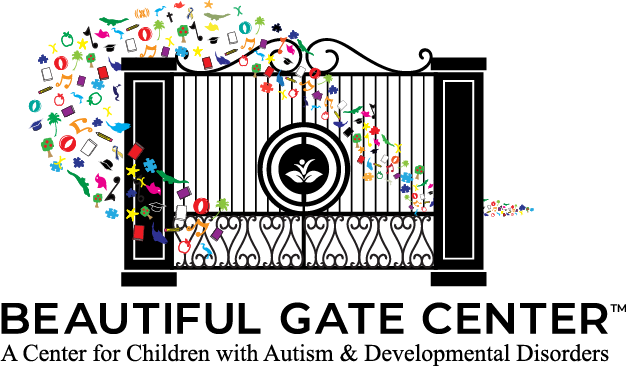ABA Therapy
Certification Licensing + Regulation
The BACB (Behavior Analyst Certification Board) was established in 1998 to meet professional credentialing needs identified by behavior analysts, governments, and consumers of behavior analysis services. The BACB adheres to international standards for boards that rant professional credentials. The BACB’s certification procedures and content undergo regular psychometric review and validation pursuant to a job analysis survey of profession and standards established by content experts in the discipline.
For additional information regarding Applied Behavior Analysis, the Certification Process & Ethical Guidelines for Behavior Analyst, please visit the BACB website at: www.BACB.com.
MANDATORY DISCLAIMER:
The Behavior Analyst Certification Board (“BACB”) does not sponsor, approve or endorse the materials, information or sessions identified herein.
Questions or Concerns You May Have
Applied Behavior Analysis, or ABA, is the study of science of behavior. ABA therapy practices involve systematically applying interventions based upon the principles of learning theory to improve socially significant behaviors of an individual to improve their quality of life.
ABA focuses on the individual needs of the child or adult and changes their behavior in a meaningful way using specialized procedures that are supported by empirical research and literature. ABA procedures are carefully measured using specific data collection systems. Data is analyzed to ensure progress across all domains.
ABA may be practiced with diverse populations of people including those with developmental disabilities and all levels of Autism Spectrum Disorder.
ABA may also be practiced across many different types of environments including special education classrooms, therapy clinics, day treatment programs or center-based activity centers, and general education classrooms. Universities, camps, and corporations also utilize ABA procedures to reinforce socially significant behaviors.
ABA is not a “one size fits all” regimen or practice. The principles and practices of ABA procedures, teaching strategies, curriculum, reinforcement schedules and stimuli are all unique to each child.
The specialized and individualized strategies ensure that your child is learning the best possible way they can. The behavior and developmental skills of your child allows us to shape an approach to best suit their particular needs and learning styles.
ABA has over 40 years of empirically validated research and extensive literature to support its effectiveness in changing behavior in individuals with Developmental Disabilities and Autism. Through data collection and analysis, procedures are modified to ensure progress across individualized objectives.
Assessment tools are essential for collecting necessary information about an individual’s skill level and behavioral repertoire. Initial assessments allow a BCBA to determine what pre–requisite skills the individual will need to acquire developmentally, while subsequent assessments show the progressions of those skills across time. As each assessment utilizes a specific scoring procedure, the BCBA or BCaBA can choose to implement more than one assessment tool to provide a thorough evaluation of an individual. Assessments which are frequently used and know within the field of ABA include:
- VB–MAPP: Verbal Behavior Milestones Assessment and Placement Program
- ABLLS: Assessment of Basic Language and Learning Skills
- AFLS: Assessment of Functional Living Skills
